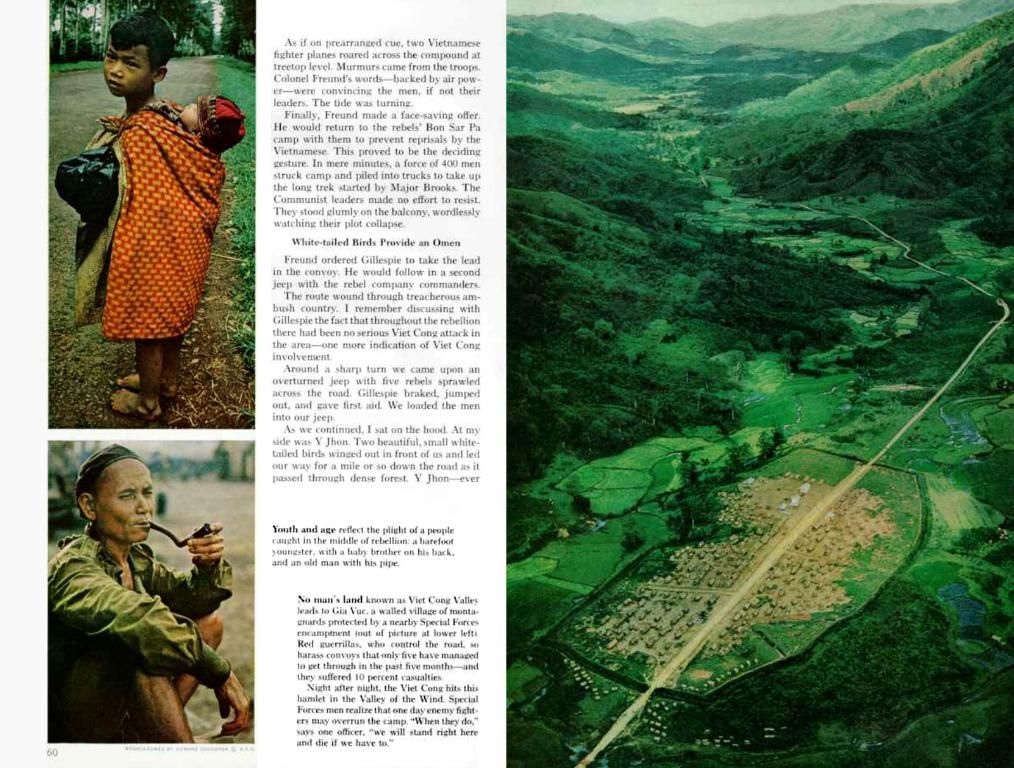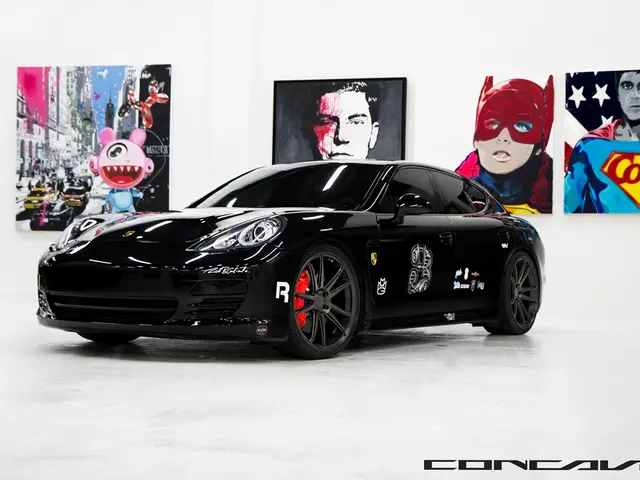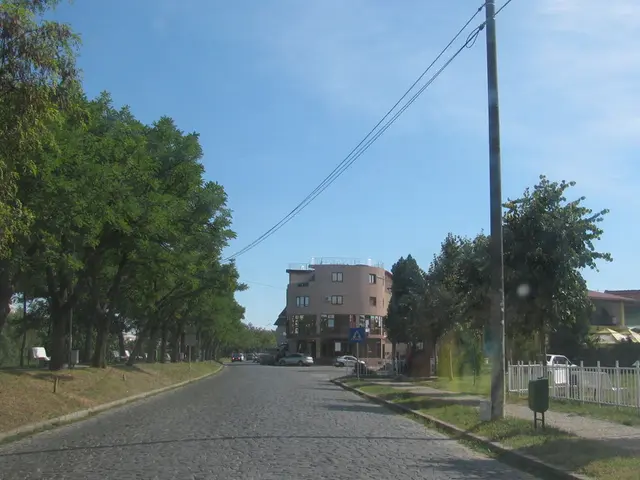Dirty and Clean: Navigating Car Emissions Across NRW
In North Rhine-Westphalia (NRW), the most eco-friendly and pollution-emitting vehicles are being driven. - In North Rhine-Westphalia, a mix of spotless and grungy vehicles traverse the region's highways.
Wondering how clean your car is in North Rhine-Westphalia? Old exhaust tech isn't the norm everywhere—it depends on your registration district. German Press Agency's analysis of data from the Federal Motor Transport Authority (KBA) reveals differences in cleanliness, with some districts boasting one-third clean cars to a mere one in five.
Grimiest Cities
Duisburg, Gelsenkirchen, and Herne are a few cities showing over 30% of vehicles adhering to the outdated Euro 1 to Euro 4 emission standards. Hamm and districts like Minden-Lübbecke and Lippe aren't far behind, with around 29-30%. Duisburg ranks third among the filthiest cities nationwide.
Cleanest Districts
On the flip side, the district of Euskirchen takes the cake, with just 20.1% of its cars following Euro 1 to Euro 4 standards. Düsseldorf, Siegen-Wittgenstein, and Olpe aren't far behind, with percentages hovering around 21-22%. These districts lead the charge in terms of the cleanest fleets.
Spotlight on Euskirchen and Düsseldorf
These districts excel when considering cleaner vehicles, such as those sporting the relatively new Euro 6 standard or fully electric cars. Euskirchen reigns supreme with a whopping 60.8% of its cars meeting these criteria, followed closely by Düsseldorf at 60.1%. Bochum and Siegen-Wittgenstein aren't far off, with 56.7 and 56.4% of their cars adhering to these environmentally-friendly standards.
Wolfsburg: A Misleading Victory
While Wolfsburg claims the top spot for cleanest cars nationwide at 77.2%, beware of this apparent victory. With its status as a major car manufacturer, Wolfsburg boasts extensive self-registrations and company cars with relatively new emission standards. This can distort statistics, inflating the city's clean car count. It's essential to consider that some of these cars may not even be driven within the district they're registered.
In conclusion, examining car emissions across NRW reveals a mix of clean and dirty vehicles. For precise information on your specific district or city, consult local government reports or environmental studies tailored to NRW.
- The community policy should include initiatives to promote the adoption of environmental-science practices, such as the transition towards cleaner technologies like electric-vehicles, to reduce climate-change impacts and improve lifestyle choices in North Rhine-Westphalia.
- The employment policy in Euskirchen favorably encourages the use of newer technologies, with a higher percentage of cars adhering to the Euro 6 standard or being fully electric, demonstrating commitment to science and technology advancements in transportation.
- As the district with the lowest percentage of cars adhering to older Euro 1 to Euro 4 emission standards, Euskirchen could provide valuable insights for science and technology-related policies aimed at promoting cleaner transportation solutions and limiting car-related environmental impact.
- Considering the significant variations in car emissions across registration districts in North Rhine-Westphalia, it would be beneficial for the employment policy to prioritize incentives and regulations that promote the adoption of cleaner technologies, contributing to overall improvements in science, technology, and lifestyle choices, as well as addressing climate-change concerns and preserving the environment.







